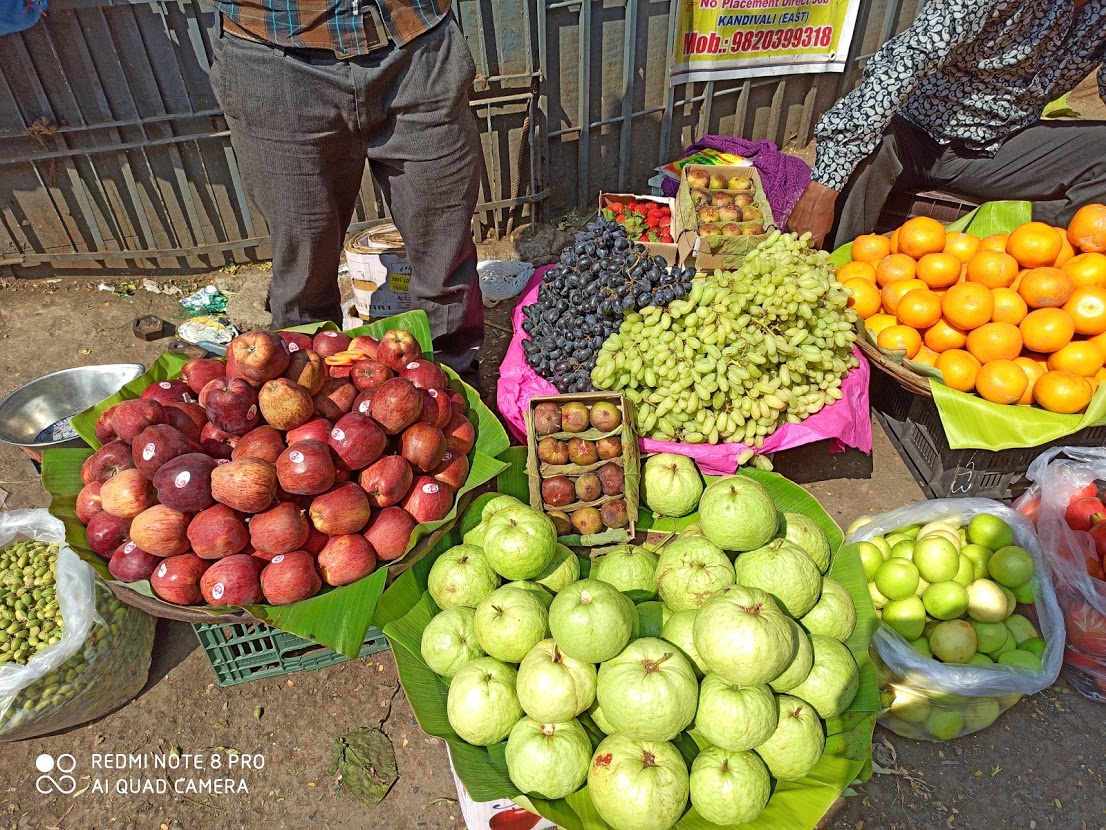NEWS
RBI watches as inflation falls to 15-month low
India’s retail inflation falls to 15-month low of 5.66% in March, triggering speculation that RBI may decide to continue with its pause on interest-rate hikes.
India’s retail inflation falls to 15-month low of 5.66% in March, triggering speculation that RBI may decide to continue with its pause on interest-rate hikes.

India’s retail inflation fell to a 15-month low of 5.66% in March, triggering speculation that the Reserve Bank of India (RBI) may decide to continue with its pause on interest-rate hikes in the next bi-monthly monetary policy.
The Consumer Price Index (CPI) inflation, led by an easing in food prices, has returned to the RBI’s comfort zone of below 6%.
The CPI was above 6% in January and February of this year. In February, inflation was at 6.44% and in the year-ago period it stood at 6.95%. The previous low was also 5.66% in December 2021.
The current level of inflation is within the RBI’s tolerance limit of 6%. The central bank targets an inflation rate between 2% to 6%.
The decline in inflation was mainly due to the reduction in food prices to 4.79% in March against 5.95% in February and 7.68% in the year-ago period. The food basket has a weightage of 54.18% in the overall CPI.
According to the National Statistical Office (NSO), the year-on-year inflation declined in the vegetable basket by 8.51%, oil and fats by 7.86 % and meat and fish by 1.42% in March.
However, the rate of price rise in spices was high at 18.2% in March, followed by 'cereals and products' by 15.27%. Fruits too were expensive.
Aditi Nayar, Chief Economist and Head Research and Outreach, Icra, said unless the feared heatwave leads to a rapid rise in prices of perishables, inflation may report a substantial base-effect led drop to around 5-5.2% in the next two prints, which will reinforce the decision of the RBI's Monetary Policy Committee (MPC) to pause key interest rate in April 2023.
"With reasonably healthy reservoir levels, and the El Nino expected to materialise only in the second half of the monsoon season, kharif sowing may not be impacted. However, any subsequent deficiency in monsoon rainfall could affect yields and food inflation, which along with any further hardening in crude oil prices remains a risk for the inflation trajectory," she averred.
Retail inflation had remained above the RBI's upper tolerance level of 6% since January 2022, except for November and December 2022.
The decline in the CPI-measured inflation in March justifies the pause mode of policy rates by the RBI earlier this month.
With the India Meteorological Department forecasting normal levels of monsoon rainfall in 2023, the possibility of RBI continuing with its pause on interest-rate hikes looks strong. The rate-setting monetary policy committee (MPC) has its next scheduled meeting in June, by when the monsoon rains are expected to be underway.
"This information would influence whether the MPC’s CPI inflation projection of 5.2% for FY 2024 needs to be modified. We expect the June 2023 MPC decision to be highly data-dependent," Nayar said.
The impact on yields may not go through a material shift. “Broad-base softening of prices has contributed to fall in inflation, which is good news. We are expecting inflation to fall below 5% in Q1 FY24 due to base effect. However, since the number is more or less in line with the expectation, we are not expecting any material impact on yields. 10-year should trade in a narrow band of 7.15-7.35 over the next couple of months,” said Ritika Chhabra- Quant Macro Strategist – Prabhudas Lilladher PMS.
